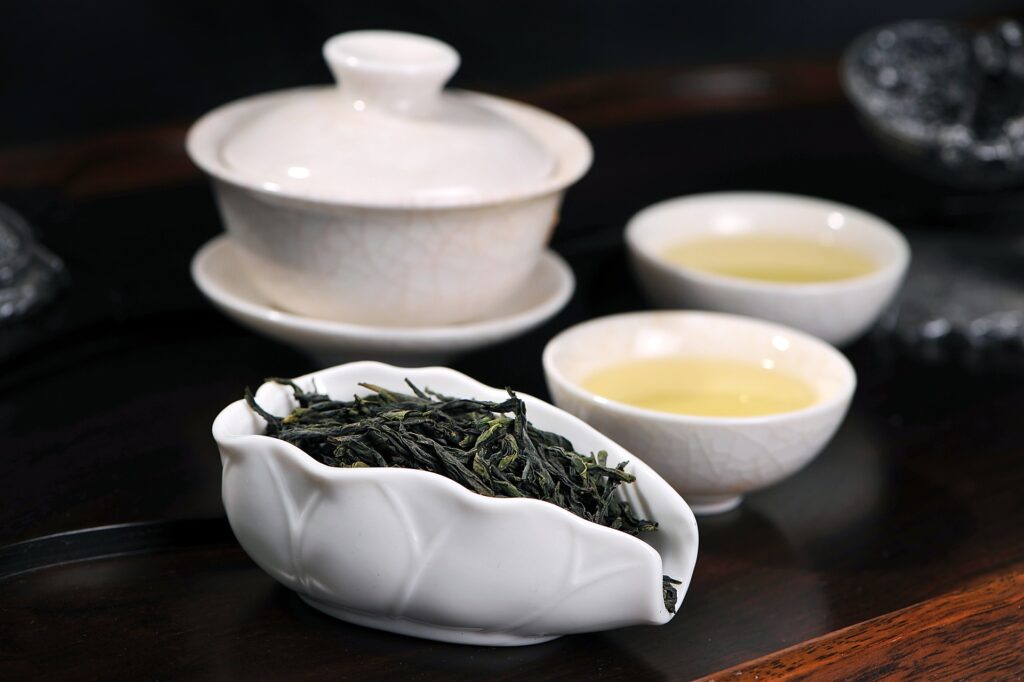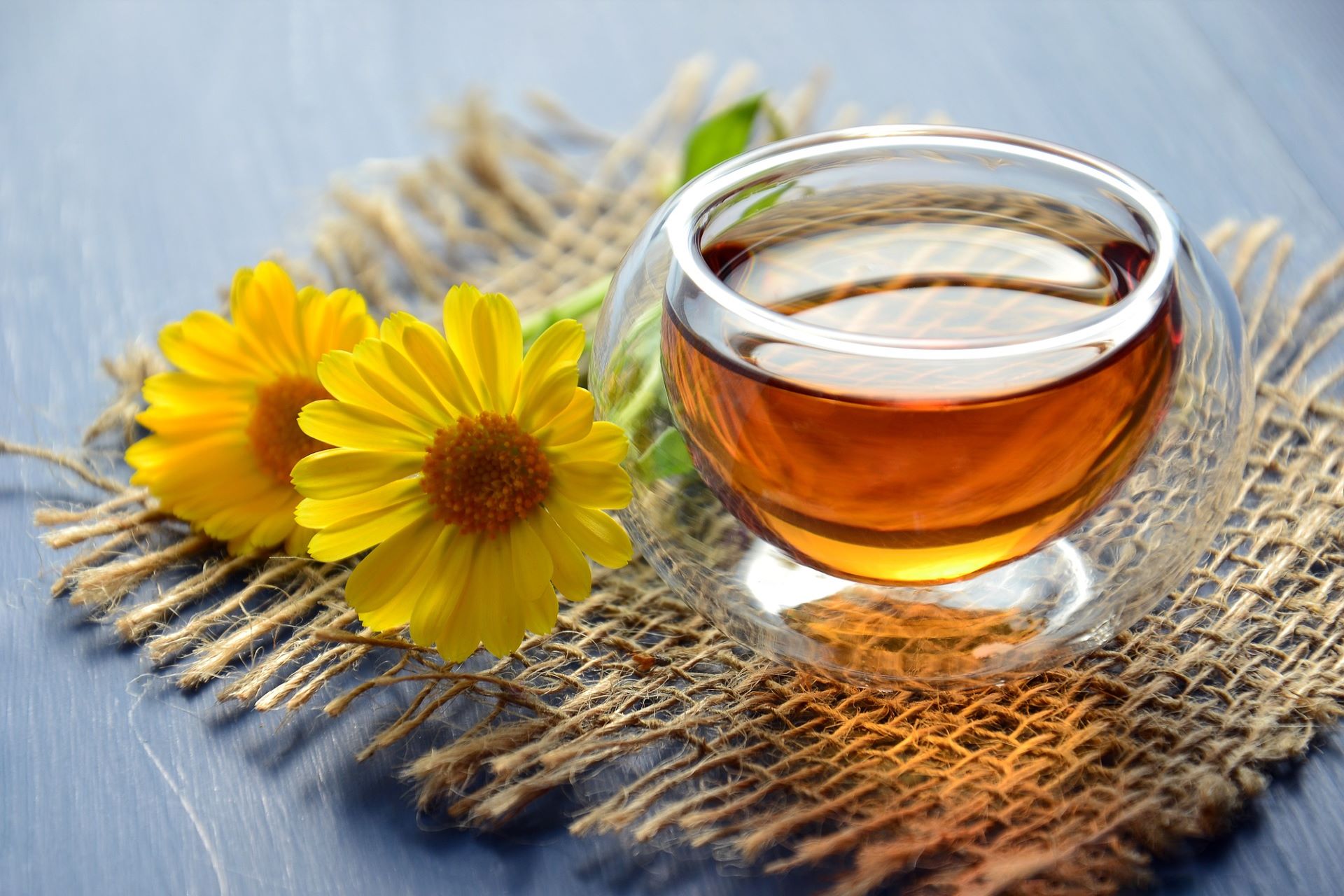Nestled within the lush landscapes of Japan, Japanese tea stands as a testament to the nation’s rich cultural heritage and ongoing evolution. From its ancient origins to its contemporary allure, tea in Japan’s culture embodies a harmony of tradition and innovation, inviting enthusiasts worldwide to savor its delicate flavors and embrace its timeless rituals. Join us as we embark on a journey through the centuries, exploring the essence of Japan’s tea culture—where every sip is a celebration of history, mindfulness, and the artistry of nature.
Table of Contents

1. Japanese Tea History
Tea has been an integral part of Japanese culture for centuries, with its origins dating back to the 9th century when Buddhist monks introduced tea seeds from China. Initially valued for its medicinal properties, tea gradually became a staple beverage among the aristocracy during the Kamakura period (1185–1333). The cultivation and consumption of tea further flourished during the Muromachi period (1336–1573), leading to the development of the revered Japanese tea ceremony, Chanoyu. Today, Japan boasts a rich tea heritage, with its green teas renowned for their exquisite flavor and cultural significance.
2. Modern Resurgence
In recent years, Japanese tea culture has experienced a revival, driven by a renewed interest in health and wellness, as well as culinary innovation. Traditional tea ceremonies continue to be cherished, while contemporary tea enthusiasts explore new ways to enjoy and appreciate Japan’s tea. From matcha-infused desserts to tea tastings and workshops, tea culture in Japan is evolving to cater to diverse tastes and preferences, attracting a new generation of tea connoisseurs.
3. Traditional Ceremonies
The traditional Japanese tea ceremony, or Chanoyu, embodies principles of harmony, respect, purity, and tranquility. Participants engage in a meticulously choreographed ritual that involves the preparation and serving of matcha, powdered green tea, in an atmosphere of serene elegance. Despite modernization, traditional tea ceremonies remain a revered practice, offering a moment of mindful presence and cultural connection.
4. Innovation in Production
While rooted in tradition, Japanese tea production has embraced innovation to meet the demands of modern consumers and address challenges such as climate change and sustainability. From advanced cultivation techniques to state-of-the-art processing methods, tea producers are continually refining their practices to enhance quality, flavor, and efficiency.

5. Sustainable Farming of Japanese Tea
Japanese tea farmers are increasingly adopting sustainable practices to protect the environment and preserve the integrity of their tea crops. Initiatives promoting organic farming, water conservation, and biodiversity are gaining momentum, reflecting a growing commitment to environmental stewardship within the tea industry.
6. Tea Tourism
Japan’s picturesque tea-growing regions offer a captivating destination for tea enthusiasts and travelers seeking immersive cultural experiences. Visitors can embark on guided tours of tea farms, participate in tea tastings, and explore historic tea houses nestled amidst stunning natural scenery.
7. Global Influence
Japanese tea’s reputation for superior quality and cultural significance has led to its widespread popularity in international markets. From premium sencha to matcha, Japan Produced tea are prized for their unique flavors and health benefits, contributing to the global appreciation of Japan’s culture of tea.
8. Health Benefits
Renowned for its antioxidant properties and potential health benefits, Japanese tea is celebrated for its role in promoting overall well-being. Green teas like sencha and matcha are rich in catechins and amino acids, offering immune-boosting and metabolism-enhancing effects.

9. Tea in Society
Tea holds a cherished place in Japanese society, serving as a symbol of hospitality, social bonding, and cultural identity. Whether enjoyed in formal tea ceremonies or casual gatherings, tea fosters moments of connection and reflection in everyday life.
10. Future Perspectives
Looking ahead, the future of Japanese tea culture is characterized by innovation, sustainability, and cultural exchange. By embracing new technologies and practices, while preserving traditional craftsmanship and values, Japan’s tea industry is poised to thrive and inspire future generations.
Conclusion:
From its ancient origins to its modern resurgence, Japanese tea culture continues to captivate and inspire people around the world. Rooted in tradition yet embracing innovation, tea in culture of Japan, embodies principles of harmony, mindfulness, and cultural appreciation. As we reflect on Japan’s rich tea heritage, we are reminded of the timeless beauty and significance of tea in human experience. Whether sipped in a traditional tea ceremony or enjoyed as a daily ritual, Japanese brew invites us to pause, reflect, and savor each moment with gratitude and reverence.
FAQs:
Q1: What makes Japanese tea unique?
A: Japanese tea is renowned for its distinctive flavor profiles, vibrant green color, and rich cultural heritage. It is produced using meticulous cultivation and processing methods that highlight the natural sweetness and umami of the tea leaves.
Q2: What are some popular types of Japanese tea?
A: Some popular types of Japanese tea include sencha, matcha, gyokuro, hojicha, and genmaicha. Each variety offers its unique taste and aroma, ranging from grassy and vegetal to toasty and nutty.
Q3: How is Japanese tea traditionally brewed?
A: Traditional Japanese tea is typically brewed using hot water (usually around 70-80°C) and steeped for a short period (usually 1-2 minutes) to extract the desired flavors without bitterness. Matcha is whisked into hot water to create a frothy beverage, while sencha and other loose-leaf teas are brewed in teapots or kyusu.
Q4: What are the health benefits of Japanese tea?
A: Japanese tea is rich in antioxidants, vitamins, and amino acids, making it beneficial for overall health and well-being. It is believed to boost immunity, support metabolism, promote relaxation, and improve focus and concentration.
Q5: How can I learn more about Japanese tea culture?
A: There are many resources available for learning about Japanese tea culture, including books, online courses, and tea workshops. Additionally, visiting tea-growing regions in Japan and participating in tea ceremonies and tastings can provide firsthand insights into the rich tradition and craftsmanship behind Japanese tea.

